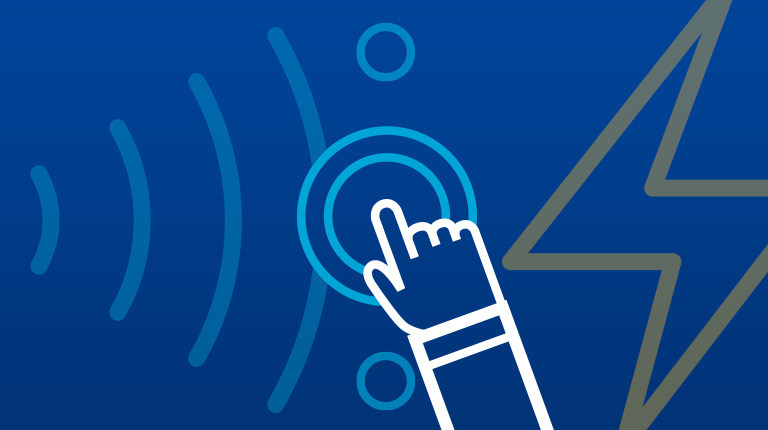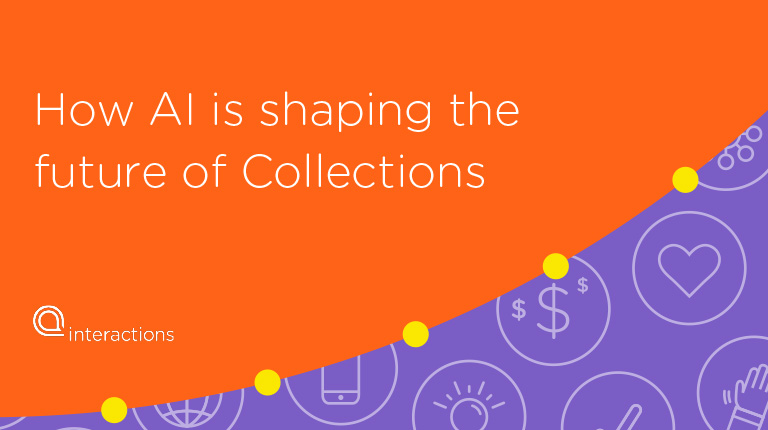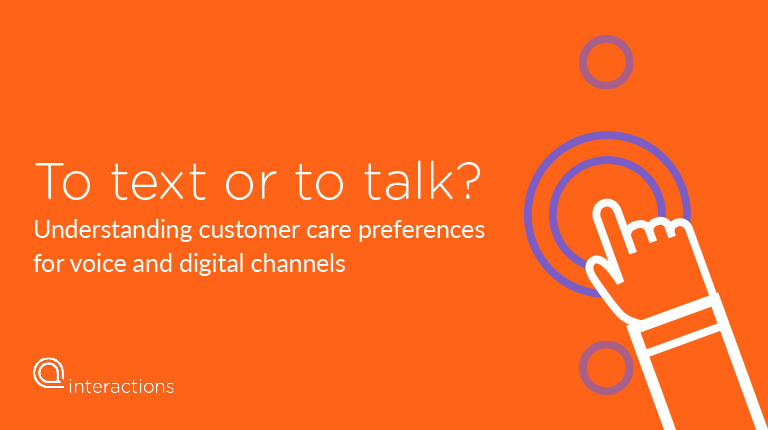About the Author
Interactions

Blog
3 Rules of Call Deflection
As the providers of conversational customer care solutions, we sit at the cross-section of contact center executives, customer experience mavens, and the end customers. From our experience, call deflection helps improve customer experience when it follows 3 rules. Read our blog to find out what they are.

Blog
3 Customer Use Cases for Intelligent Virtual Assistants
At Interactions, we talk a lot about how Intelligent Virtual Assistants have real, tangible benefits for brands -- from increasing customer satisfaction, to reducing costs and improving overall efficiency. But you don’t have to take our word for it. Here are stories from three Interactions customers.

Blog
Social Listening for Customer Care: 101
We all know the important role social media plays for both B2B and B2C companies. Aside from posting and engaging with followers, social media also allows for a behind-the-scenes look into what your customers are really thinking -- if you know where to look for it.

Blog
You’ve Been Doing Voice All Wrong
As brands continue to focus on improving the customer experience, incorporating automation into customer interactions is becoming more and more important. That’s why technologies such as chatbots and Intelligent Virtual Assistants (IVAs) continue to gain popularity.

Blog
Texting vs Talking? 3 Statistics from New Research
As customer care channels continue to evolve and expand, there’s been a lot of debate about which channels customers actually prefer to interact with brands. The issue of channel choice is often complicated and depends on factors such as the company consumers are trying to contact, and the complexity of the issue the consumer is trying to resolve.




